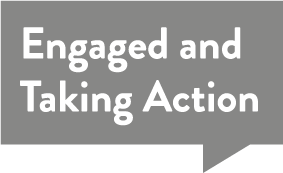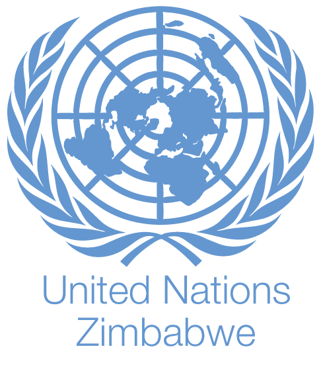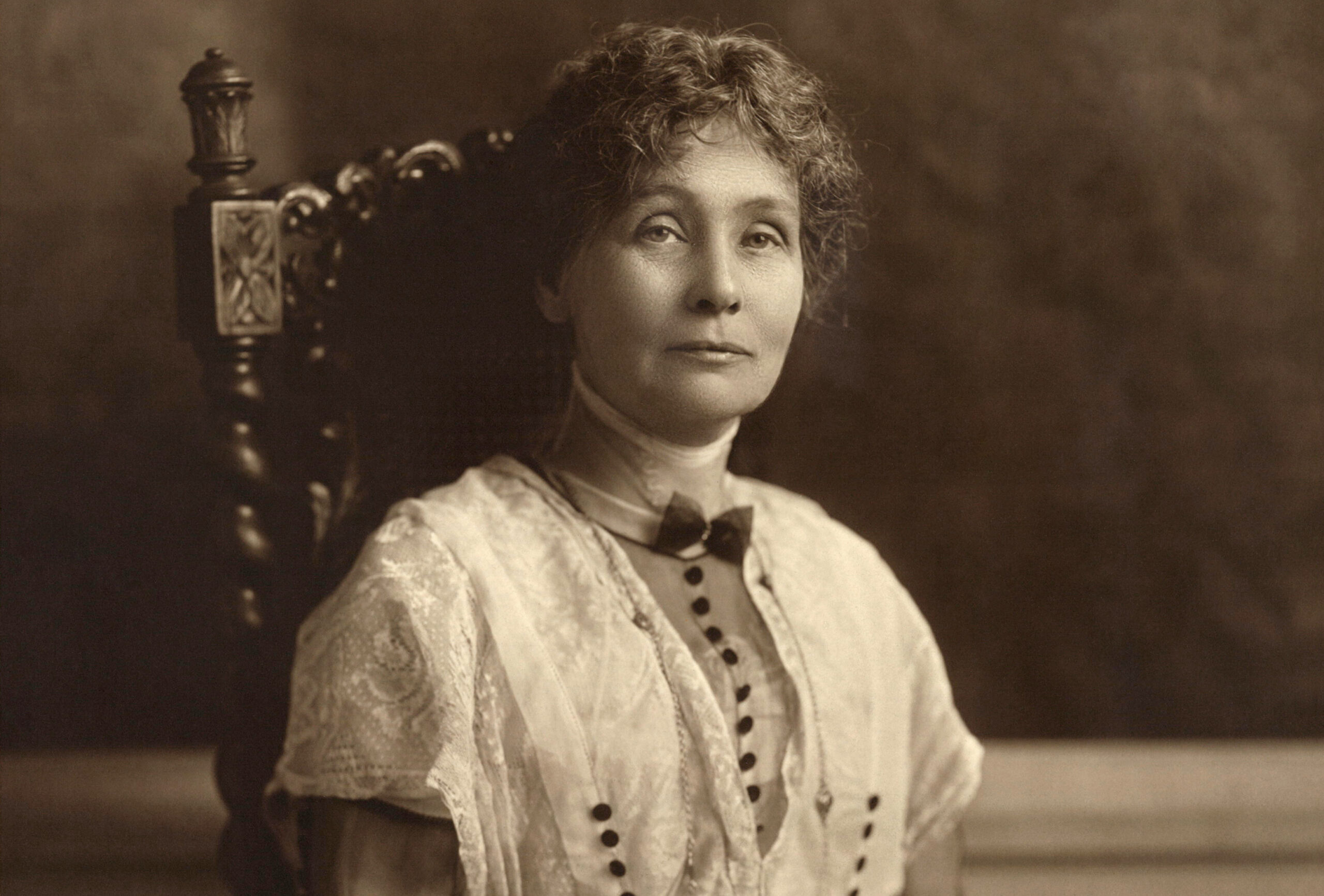Eyes on the Prize
- February 24, 2020
- P17: Partnership for the Goals
- Tags: SDG17, data, global partnership, public private, promises
Promise 17 is about building or renewing global partnerships. It is the engine that drives all the other promises, providing innovative means to make the SDG vision a reality.
Innovative public-private funding on a grand scale is needed at the national and global levels to speed up the progress of the goals. At the same time science and technology-based innovations in agriculture, health care, cleaner and greener environment, business, transport, communications and the digital economy need to advance.
There has been progress made in African countries on many of the targets. Financial technology services are now a powerful lever for growth and financial inclusion provides large numbers of services to African people.
The Abuja Treaty Establishing the African Economic Community, the milestone Agreement Establishing the African Continental Free Trade Area (AfCFTA) is set to become the largest free trade area since the formation of the World Trade Organization by geographic and economic coverage.
But there are still obstacles: official development assistance (ODA) to Africa was less in 2017. The increasing public debt and illicit financial activity are serious challenges to new and existing investments for sustainable development.
At the end of 2018, more than half the world’s population had access to the Internet – a step towards a more inclusive global information society.
Despite a slight upturn in 2017, the share of least developed countries in world merchandise exports remains just below one percent. The slow growth could lead to missing the trade target set by the Istanbul Programme of Action – to double the least developed countries’ share of global exports by 2020. Exports from least developed countries will have to grow approximately four times faster than global exports to see their share double in two years.
Between 2008 and 2017, nearly all countries or areas around the world conducted at least one population and housing census. The coverage of birth and death registration and the completeness of vital statistics remain a challenge, even among countries with functioning civil registration systems.
143 countries had birth registration data that were at least 90 percent complete and 149 countries had death registration data that were at least 75 percent complete. However, only nine of 53 sub-Saharan African countries met these standards.
We have to always remember why we made these promises and what the SDGs are intended to achieve; a sustainable planet for future generations, some of whom will be holding us to account in 2030.





© Copyrights 2024 All Rights Reserved. 17Promises




